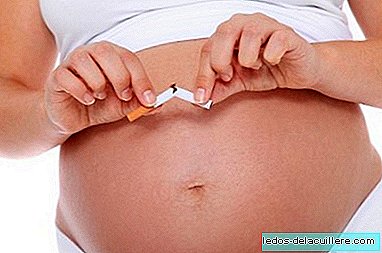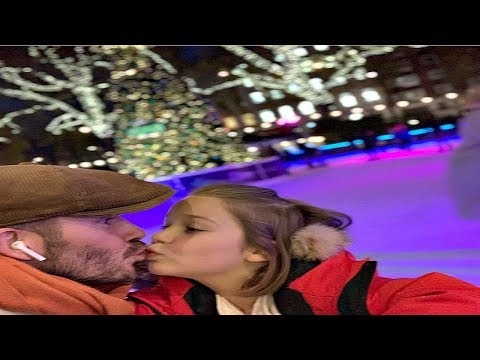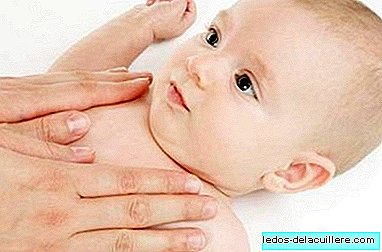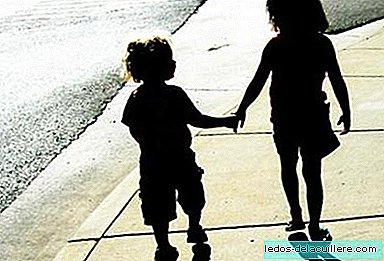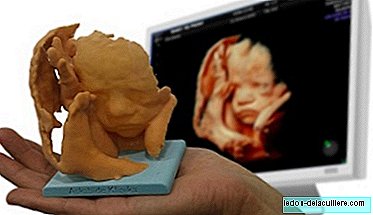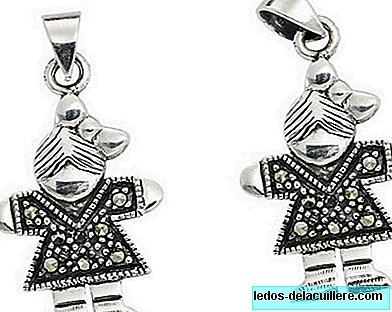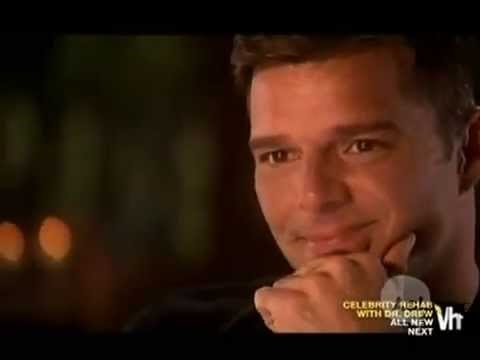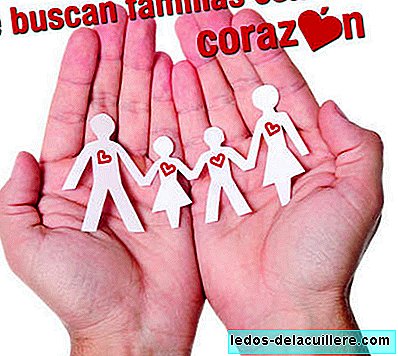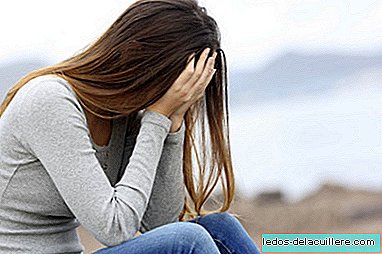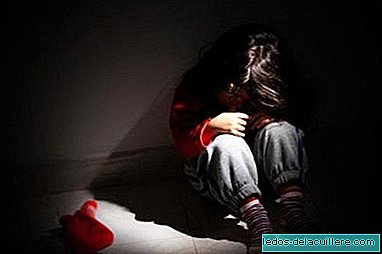
I know that some of you will think why you need a guide of this kind. Well, because child abuse remains a scourge and the more population is aware that something must be done to prevent or stop it, the better.
We talk to you about the "Guide for the prevention of child abuse in the family environment", a text aimed at mothers, fathers and guardians of children and adolescents on how to educate and limit children without hitting or insulting.
The guide may not reach a abusive father or mother first, but perhaps she does reach her neighbors, her siblings, her children's teachers ... and in this way a case of child abuse can be uncovered.
On the other hand, there may be parents who doubt, who are immersed in a family and cultural tradition rooted in "educating" by hitting and to whom the guide does arrive and this can serve as a turning point for change.
Maybe it's too optimistic, but that's what I think and that's why we often talk about these tools against abuse on the blog.
This is a material edited in the framework of the UNICEF communication campaign: "Violence is Better Educated." This arises in Paraguay, where according to a study six out of ten children suffer violence in their homes by their mothers and fathers, as a form of education.
Of these six, three say they receive severe or severe physical violence (blows with objects, kicks, burns and suffocation ...). This information shows that this is a culturally extended and therefore widely accepted practice.
With the book UNICEF wants to indicate a path that leads to cultural change, in which it is possible to curb the long tradition of using physical and verbal violence with the purpose of setting limits to children, and replace it with other forms of education positive.

At book to prevent child abuse, which we can download or read online, we find the following sections:
- What is child abuse?
- What is corporal punishment?
- Why not stick?
- Why is it believed that violence educates?
- Violence does not educate
- What happens to the child or adolescent when he receives physical punishment?
- What happens to them when their parents humiliate or insult you?
- How does abuse mark the lives of children and adolescents?
- How to educate sons and daughters without violence?
- What can we demand and expect from our sons and daughters according to their age?
- How to set limits without violence?
- Where to seek help?
- Where to report
The guide is completed with bibliographic information and suggested websites. And although some sections focus on the specific situation in Paraguay (the publication arises from a study on abuse in that country), the introduction with the informative concepts applies to any case.
Therefore I find it interesting to read the "Guide to prevent child abuse in the family environment", especially parenting guidelines without violence so that each family involved can find theirs, probably not without mistakes. And hopefully more and more families are involved ...


